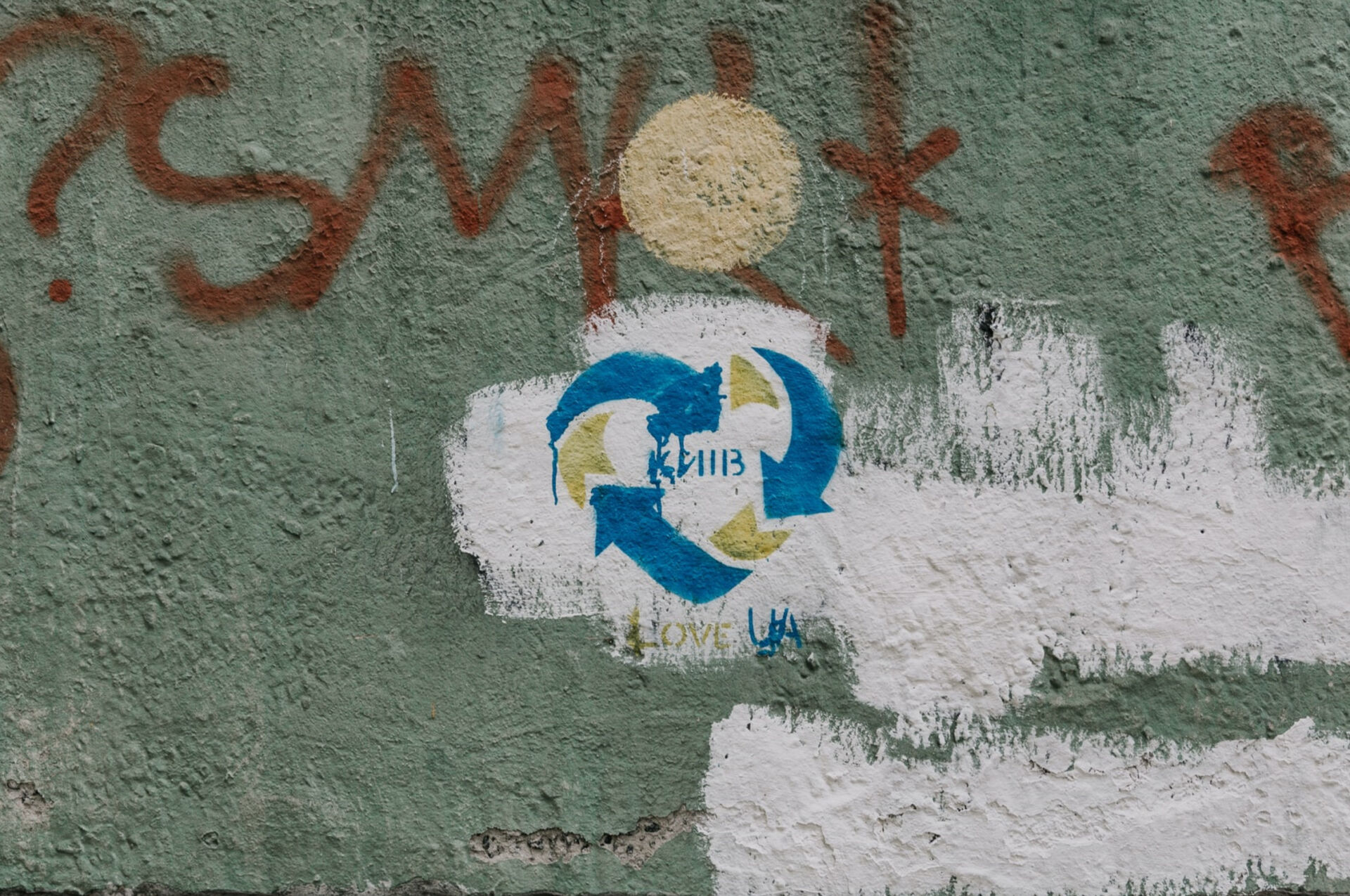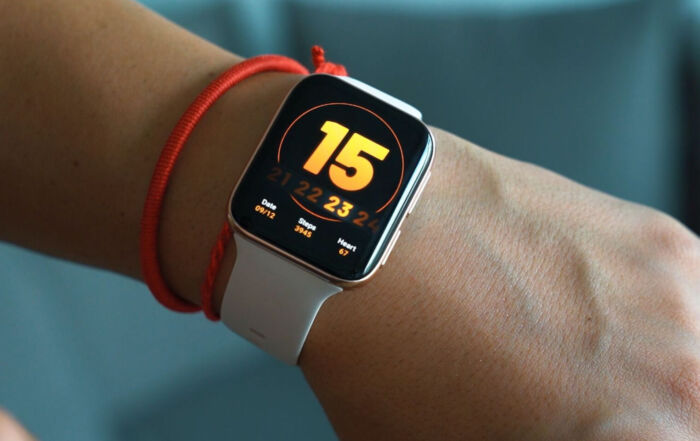Recycling – 5 things you should know about your waste
In recent years, many of us have become more conscious of our purchasing decisions. We started carefully considering the details of the products we buy and we are often happy to pay double the price if a tag says sugarfree, organic, fairtrade, vegan, without palmoil, or ideally all at once. However, while we are so aware of our buying decisions that we sometimes even call shopping “voting with our money”, most of us do not know where our leftovers go once we used these products. In 2019, 38mio tons of residual waste were produced in Germany. This gives us about half a ton of waste per person (!) per year. Imagine this amount of waste in one room – not much space left. Although in Germany about 70% of trash is being recycled, small mistakes and ignorance lead to waste being burned or dumped rather than recycled.
This post is to help us get a grasp of the admittedly complex topic of recycling and how we can assure – with only little adjustments – that our waste does not end up in a landfill. In the end, you will find a list of startups tackling this problem, but first let us unravel some of the most common misconceptions around recycling:
- If your packaging says “compostable”, this does not mean you should put it into organic waste!
Although much innovation is happening in this space, compostable materials take much longer than organic waste to be decomposed. While for example a compostable plastic bag takes 12 weeks to dissolve into small pieces and six months for about 90% of it to disappear, organic waste is only stored for about 4-5 weeks to turn into humus. Additionally, compostable plastic does not turn into valuable humus, but only dissolves into CO2 and water. Hence, the Federal Environmental Agency recommends to put them into normal residual waste instead.
- Watch out for seemingly eco-friendly materials!
The importance of recycling is not a niche topic anymore, most of us have seen emotional pictures of turtles and fish dying from plastics dumped in the ocean. This is why an increasing amount of brands are switching to seemingly eco-friendly paper materials. The problem: Many of them are laminated with plastics, a material-mix that creates a HUGE problem for recycling. First, only a very limited amount of machines can actually handle this kind of waste and second, people are made to believe the material belongs into paper waste, which it does not! For example, frozen pizza packaging, baking paper, wrapping paper and receipts belong into residual waste rather than paper waste. Generally, try to avoid shiny paper packaging and if you have to dispose of it, put it into residual rather than paper waste.
- What really helps: separate the packaging.
Since our waste is not directly burned or recycled anyways, but gets sorted first, it is a huge improvement if you separate your waste, even if you then throw it all into the same bag. For example, if you separate the (laminated) paper from your yoghurt cup, they can both be recycled, otherwise they both end up being burned.
- Plastics aren´t bad per se!
Would you have known that producing a paper bag actually emits more CO2 than plastic bags? Looking at the bag´s whole lifecycle, you have to use a paper bag 3x, cotton bags even 131x for them to have lower global warming potential than single-use plastic bags. The same holds true for packaging. Most food cannot be safely stored in non-plastic packaging, it would lead to much more food waste, an even bigger problem for climate change. It is not about completely telling off plastics as “bad”, it is about utilizing it when reasonable and reusing it whenever possible!
- Reduce, reuse, recycle.
Concluding, our priority should always be to reduce our waste before thinking about recycling. We have seen that recycling is far from perfect. So, let us try to reuse the things we need and bring our own containers whenever possible.
Selection of Consumer Startups tackling waste reduction and fostering reuse:
- Everdrop: With Everdrop, you cannot only avoid the plastics usually used in cleaning products such as dishwasher tablets and laundry detergent. By using tabs instead of bottles, you also save tons of CO2 emissions produced by shipping around nothing but water!
- Refurbed/Rebuy: Offer refurbished electronic devices such as smartphones, laptops and headphones. Not only 100% less emissions, but also cheaper than buying new products!
- Vytal: You are also annoyed by all the waste produced when buying take-away food? Vytal built a digital platform to reuse containers for delivery, take-away and convenience food!
- Vinted: A marketplace for used clothing. The fashion industry is a huge CO2 emitter. Avoid buying new clothes and you might end up finding some more unique pieces on Vinted.
- Medimops/Booklooker: Here you will find used and refurbished books, games and movies – again: 100% more sustainable and cheaper than buying new books.
Have you tried any of the listed solutions? What was your experience? Do you have any other ideas on how to reduce waste or know any other solutions?
This post was written by the CDTM Climate Club which is a student initiative to foster sustainable development in the CDTM Ecosystem. By connecting, educating, and empowering the innovators of tomorrow at the CDTM, we want encourage sustainability through the CDTM Climate Club to be part of the future. A great and sustainable future. For any feedback or input reach out to us via climateclub@cdtm.de.
What is the CDTM?
The Center for Digital Technology and Management (CDTM) is a joint institution of the two universities in Munich, the Ludwig-Maximilians-Universität München (LMU) and the Technische Universität München (TUM), offering the interdisciplinary add-on study program Technology Management.
Students from various study backgrounds with creative ideas, great motivation, and an entrepreneurial mindset are offered the tools to put their ideas into practice. Find out more about the CDTM here.
Sources: Statista, https://de.statista.com/themen/1549/recycling/#:~:text=Laut%20dem%20Statistischen%20Bundesamt%20erwirtschaftete,die%20Recyclingbranche%20rund%2034.000%20Personen.
Umweltbundesamt, https://www.umweltbundesamt.de/themen/tueten-aus-bioplastik-sind-keine-alternative
Deutsche Umwelthilfe, https://www.duh.de/aktuell/nachrichten/aktuelle-meldung/recycling-leichtgemacht-6-tipps-und-tricks-zur-muelltrennung/
Environment Agency, https://assets.publishing.service.gov.uk/government/uploads/system/uploads/attachment_data/file/291023/scho0711buan-e-e.pdf
Utopia, https://utopia.de/ratgeber/5-unnoetige-muellfehler-und-wie-du-es-richtig-machst/, https://utopia.de/ratgeber/muelltrennung-recycling/
United States Environmental Protection Agency, https://www.epa.gov/recycle/how-do-i-recycle-common-recyclables






